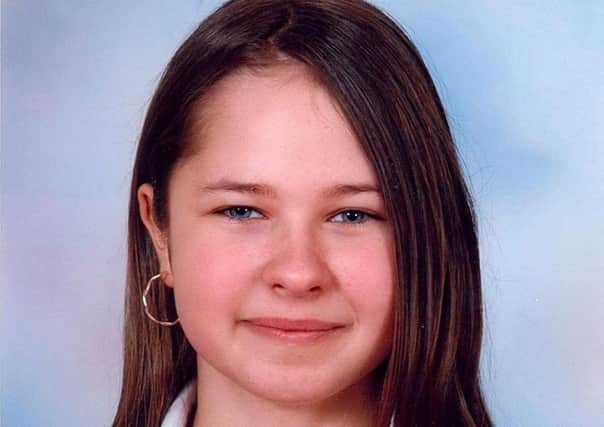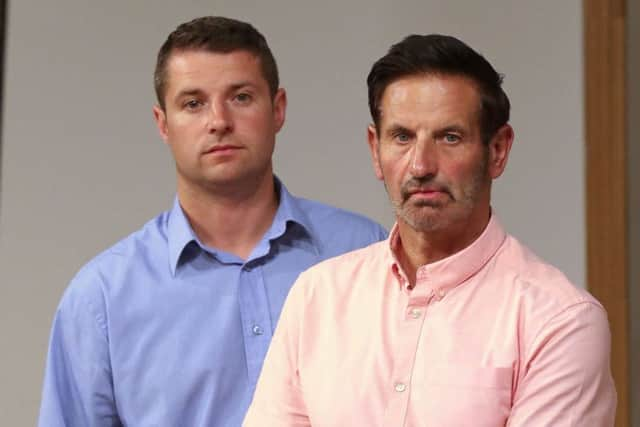Family of murdered Scottish teen: let victims be present at parole hearings


Responding to a Scottish Government consultation, the Faculty of Advocates said the voice of victims and their families could be heard using a “personal statement” but should be otherwise restricted.
The Faculty said it was “difficult to see what would be gained” by victims or their families attending parole board hearings.
Advertisement
Hide AdAdvertisement
Hide AdLisa Stewart, whose 17-year-old sister Michelle was murdered in 2008, said the Faculty’s suggestions were not a “huge break” from the current system, which needed to be “more weighted” towards victims.


Justice secretary Humza Yousaf launched a consultation in December with a view to “strengthening victims’ voices” in the parole system.
In its response, the Faculty said: “The primary function of parole board decision-making is assessment of risk, and that should remain central in consideration of any reform.”
On the issue of victims attending hearings, it added: “The purpose of such hearings is the assessment and management of risk. It is difficult to see how this task would be improved by the greater involvement of others…The presence in the same room of the perpetrator and the victim or victims has the potential to produce conflict, and that is in the interests of no-one.”
The Faculty said victims or families who had opted in to the Victim Notification Scheme should be given the opportunity before each parole hearing to submit a written statement, including an option to ask the board to consider adding certain conditions such as imposing an exclusion zone.
And it said that if attendance at hearings was to be allowed, it should be restricted to reading out the victim personal statement at the beginning.
In countries such as Canada, anyone can apply to attend a parole board hearing.
The Stewart family have called for the increased use of powers to impose exclusion zones on offenders and changes to the parole system to allow victims and their families to be given reasons for an offender’s release and to make representations in person.
Advertisement
Hide AdAdvertisement
Hide AdThe campaign for a so-called Michelle’s Law was launched after the family received a letter informing them the killer had been approved for temporary release, allowing him unescorted access to the community. Lisa Stewart said: “Parole hearings are very much a closed shop and there needs to be more openness and transparency. One way of doing so is to let victims and/or their family be present.
“The offender has a lot of representation at the hearings, whereas the victim and / or their family has limited representation.”